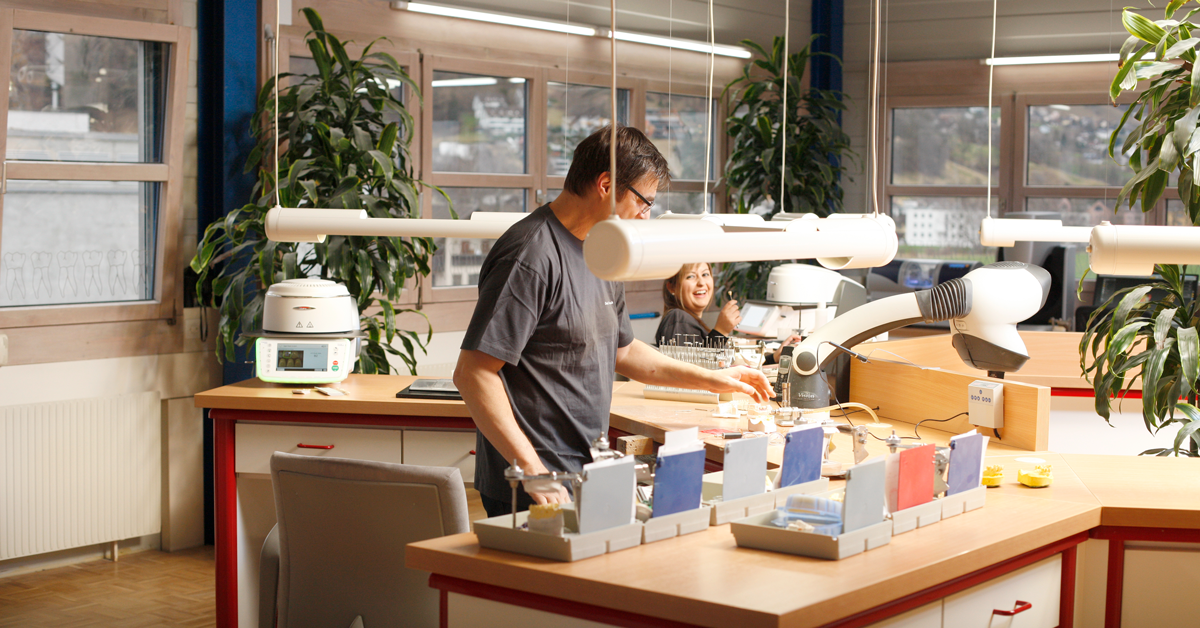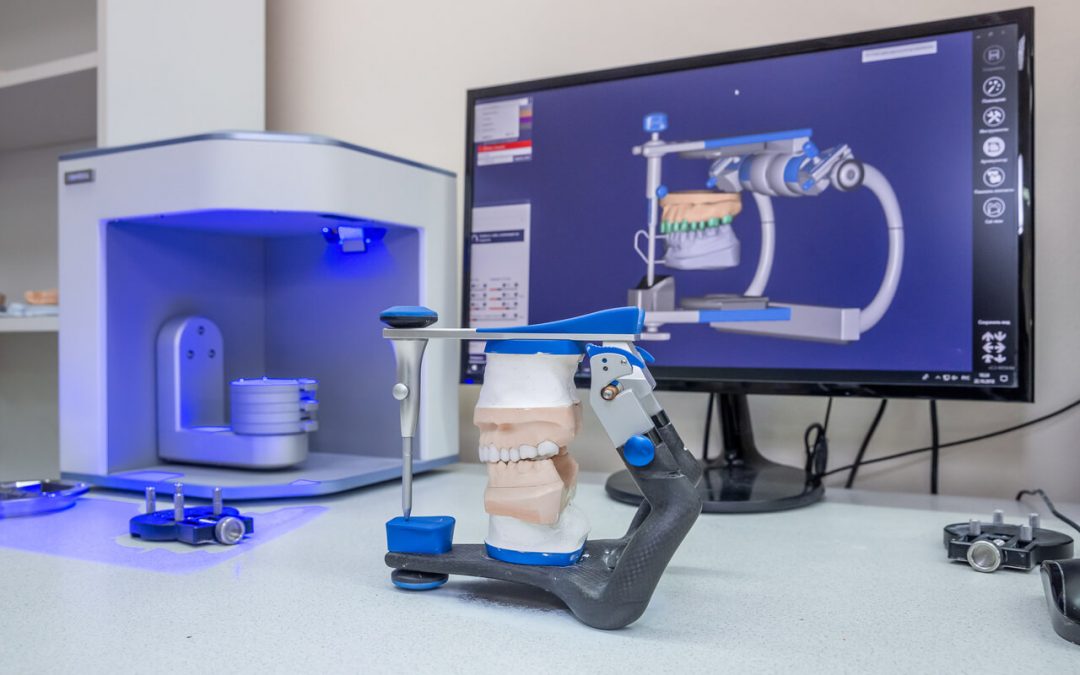What are the materials used in a dental laboratory?
What are the materials used in a dental laboratory?
Page Contents
When taking a couple of seconds to observe, it’s possible to see the way in which dental laboratories and dentists complement each other, with the main purpose of dental labs being to assist or rather compliment dentists in their work.
From the manufacturing to the customization of a variety of products dedicated to oral hygiene and health care, all would be impossible without the work of dental lab in New York and, their technicians.
The making of these dental prosthetics is only enabled through the sourcing and use of certain materials

3 Materials are seen time & time again
- Metal
- Ceramic
- Acrylic
It should be noted that various tools, techniques and software(s) are needed to go along with these materials not just in order to make and design the prosthetics but to model patient dentition as well, and more.
With a number of specialties available from orthodontics, removable restorations and so on, some dental labs in New York will decide to focus on certain types of restorations only. This is especially true when speaking about smaller scale laboratories.
“High-Tech” Labs Versus Specialty & Standard Labs
Amongst the lot, certain labs will choose to make use of more recent technologies to help them undertake restorations. Most commonly referred to in the industry as CAD or CAM. These terms allude to the use of technology or computer to aid in designing process of the dental prosthetic. This typically speeds up the process while reducing cost and rendering exact results.
Materials that make use of these tools and techniques include ceramic and resin composites, zirconia, glass ceramics and more, without mentioning the materials needed for equipment such as 3D printing material for example.
In contrast, New York laboratories with an emphasis on fixed that is permanent restorations will tend to lean towards materials such as ceramics, stains glaze and alloys for their systems.

Designed to replace and mimic missing teeth, making adjustments possible if needed is important when looking at partial or even full denture restorations. Thus, removable materials are what you want, labs focusing on this type of work typically source acrylic resin as well as teeth for their dentures among other materials.
This mainly concerns labs doing work on implants, materials like precision attachments should be kept in mind
-
Advanced or “high-tech” Labs
-
Permanent Restorations
-
Dentures
-
Specialty Labs
What to Keep in Mind
Most laboratories will choose materials that are easy to use and, cover a range of uses. Furthermore, as previously mentioned, materials and tools go hand in hand, certain materials will require certain tools and conversely, meeting all these requirements is crucial.
Ultimately, as long as your lab has these three broad types of materials, all ceramics, composites and lastly, metal supported ceramics, you should be in the capacity to meet a range of needs.